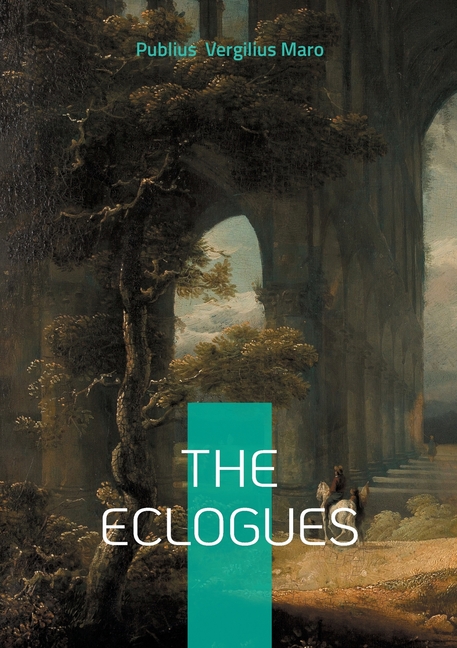Description
The Eclogues by Virgil, also known as the Bucolics, is a seminal collection of ten pastoral poems composed between 42 and 39 BCE during Rome's turbulent civil wars. Drawing inspiration from the Greek bucolic tradition of Theocritus, Virgil reimagines rustic life through dialogues among herdsmen in an idealized Arcadia. These poetic exchanges explore themes of love, loss, and political upheaval, with the shadow of land confiscations and societal chaos permeating idyllic landscapes. Notable among the eclogues is the first poem, where Tityrus and Meliboeus contrast security and displacement amid postwar turmoil. The fourth eclogue prophesies a Golden Age under Pollio's consulship, blending political hope with mythic vision. Virgil masterfully employs dactylic hexameter to weave together amoebaean singing contests, unrequited love (Eclogue 2), and elegiac laments for Daphnis (Eclogue 5), creating a tapestry where eroticism and revolutionary fervor intersect. This foundational work transcends pastoral escapism by embedding contemporary Roman strife Julius Caesar's assassination and veteran resettlements within its lyrical framework. Its fusion of Hellenistic form with Italian realism birthed a new literary tradition, influencing Western poetry for millennia.
Last updated on
Product Details
- Jun 27, 2025 Pub Date:
- 232255278X ISBN-10:
- 9782322552788 ISBN-13:
- English Language




